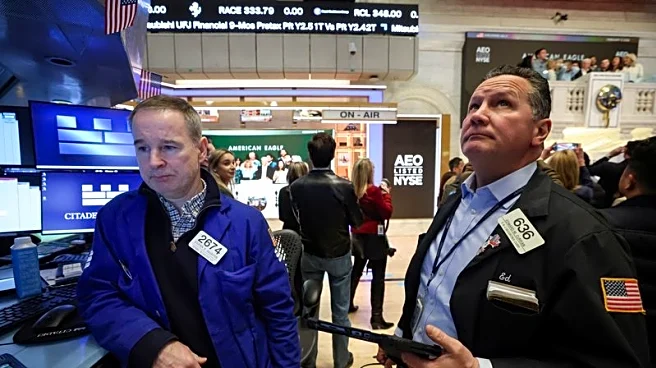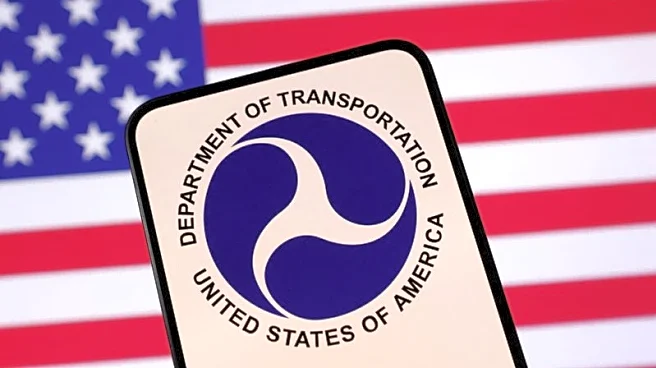Rapid Read • 8 min read
The travel industry is witnessing a diversification in travel types, ranging from leisure and corporate travel to specialist and adventure travel. This segmentation allows for a better understanding and organization of the tourism market. Leisure travel, which includes short breaks and city tours, remains a significant component, while corporate travel, including MICE tourism, is crucial for business-related journeys. Specialist travel caters to niche interests such as adventure, health, and cultural tourism. Visiting friends and relatives (VFR) and day trips also contribute significantly to the tourism economy.
AD
Understanding the different types of travel is essential for stakeholders in the tourism industry to tailor their services and marketing strategies effectively. Leisure travel drives a substantial portion of tourism revenue, while corporate travel supports business operations and networking. Specialist travel offers opportunities for niche markets, promoting unique experiences and sustainable practices. VFR and day trips enhance domestic tourism, supporting local economies. This segmentation helps in assessing market trends and planning for future growth, ensuring the industry meets diverse traveler needs.
The travel industry is likely to continue evolving, with an emphasis on sustainable and responsible tourism practices. Stakeholders may focus on enhancing customer experiences by offering personalized travel packages and leveraging technology for seamless travel planning. As remote work becomes more prevalent, digital nomad travel could see a rise, influencing corporate travel dynamics. The industry might also explore innovative ways to integrate cultural and adventure travel, appealing to a broader audience seeking immersive experiences.
The diversification of travel types reflects broader societal shifts, including increased awareness of environmental impacts and the desire for meaningful travel experiences. Ethical considerations in tourism, such as supporting local communities and preserving cultural heritage, are becoming more prominent. The rise of digital platforms and social media influences travel choices, highlighting the importance of authentic and unique experiences. Long-term, these trends could reshape the tourism landscape, prioritizing sustainability and cultural sensitivity.
AD
More Stories You Might Enjoy











